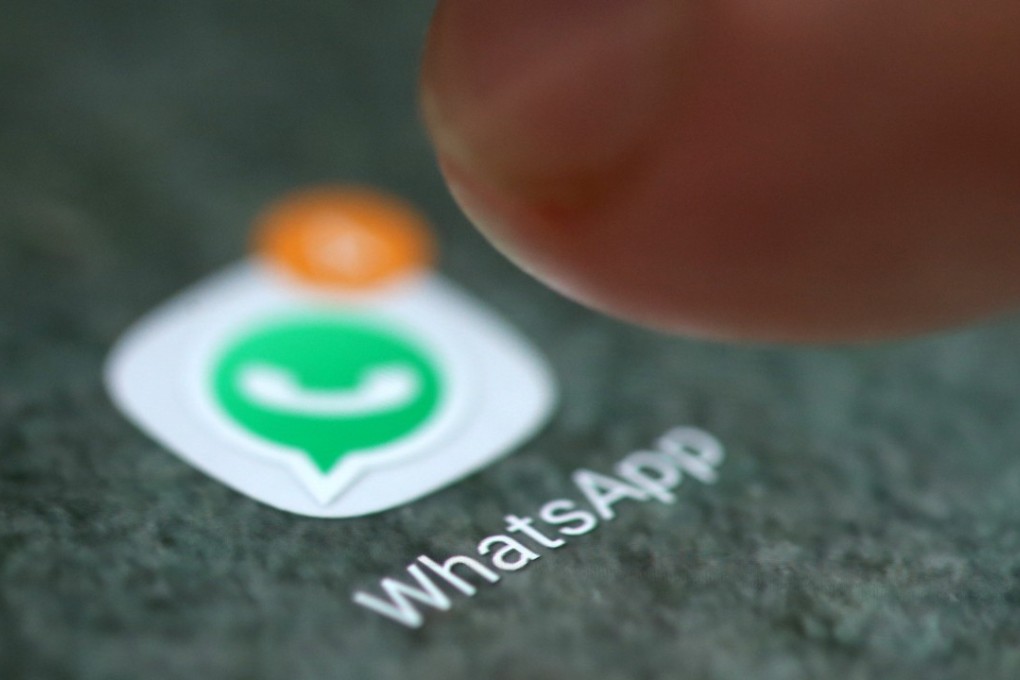Update | WhatsApp services disrupted ahead of China’s Communist Party congress
Voice messages, photo-sharing blocked on social media app, amid tighter censorship ahead of five-yearly meeting

Chinese authorities appear to have severely disrupted the WhatsApp messaging app in the latest step to tighten censorship as they prepare for a major Communist Party congress next month.
Users in mainland China have reported widespread disruptions in recent days to the Facebook-owned service, which also malfunctioned in the country over the summer.
Tests run by South China Morning Post staff on Tuesday afternoon in Beijing and Guangzhou showed text message services were partially resumed, but there were still problems sending pictures and making voice calls. Emails to Facebook requesting comment went unanswered.
WhatsApp provides message encryption technology, security systems unlikely to please the Chinese authorities, which closely monitor and restrict cyberspace through their “Great Firewall”.
China has tightened online policing this year, enacting new rules that require tech companies to store user data inside the country as well as restrictions on what is permissible content.